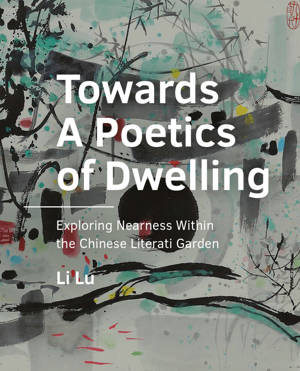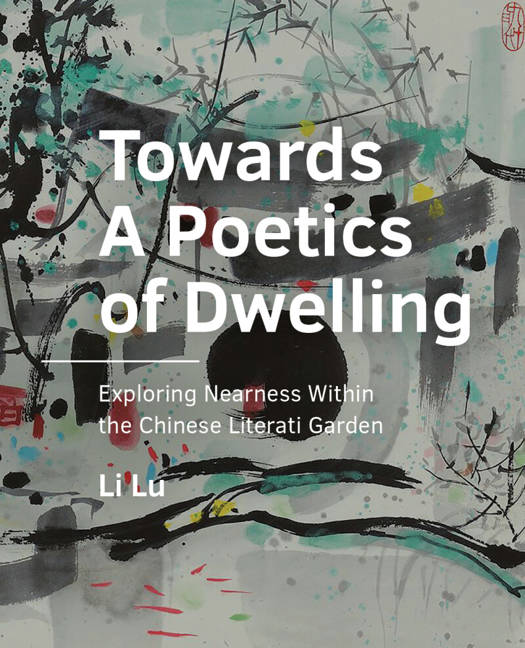
Bedankt voor het vertrouwen het afgelopen jaar! Om jou te bedanken bieden we GRATIS verzending (in België) aan op alles gedurende de hele maand januari.
- Afhalen na 1 uur in een winkel met voorraad
- In januari gratis thuislevering in België
- Ruim aanbod met 7 miljoen producten
Bedankt voor het vertrouwen het afgelopen jaar! Om jou te bedanken bieden we GRATIS verzending (in België) aan op alles gedurende de hele maand januari.
- Afhalen na 1 uur in een winkel met voorraad
- In januari gratis thuislevering in België
- Ruim aanbod met 7 miljoen producten
Zoeken
€ 29,95
+ 59 punten
Omschrijving
This thesis starts with a worrisome observation tied to various phenomena across modern built environments: humans today are experiencing a weakened relatedness to and reduced intimacy with the world around them. In stark contrast to the general trend, however, most Chinese literati gardens maintain their traditional rich conditions, enabling their visitors to experience a unique, high-quality experience of relatedness to and intimacy with the world, which may serve as an antidote to the existing disruptive modern condition. What lessons can be learned from the Chinese literati gardens to address this weakened intimacy of relatedness in modern built environments? Motivated by this question, this thesis takes the Heideggerian notion of Nearness as its foundation. Through a contextually relevant interpretation of the meaning of Nearness in Heideggerian discourse, it first establishes a theoretical framework through which to assess how the experience of Nearness—the ontological relatedness to and intimacy with the world—generally occurs within built environments. Next, taking the Master of the Nets Garden as a case study, it reveals the various embedded spatial-experiential settings and complex mechanisms that continuously facilitate rich, strong, and multi-dimensional experiences of Nearness. Finally, it reflects on some of the key relevant issues, including what benefits and enlightenments the findings of this thesis could bring to current architectural practices. Overall, by exploring this essential aspect of the literati garden, the thesis equips contemporary spatial practitioners with the theoretical and practical tools necessary to recapture the high-quality experiences of Nearness within their works in the modern era.
Specificaties
Betrokkenen
- Auteur(s):
- Uitgeverij:
Inhoud
- Aantal bladzijden:
- 330
- Taal:
- Engels
- Reeks:
Eigenschappen
- Productcode (EAN):
- 9789463666381
- Verschijningsdatum:
- 23/12/2022
- Uitvoering:
- Paperback
- Afmetingen:
- 191 mm x 235 mm
- Gewicht:
- 765 g

Alleen bij Standaard Boekhandel
+ 59 punten op je klantenkaart van Standaard Boekhandel
Beoordelingen
We publiceren alleen reviews die voldoen aan de voorwaarden voor reviews. Bekijk onze voorwaarden voor reviews.









